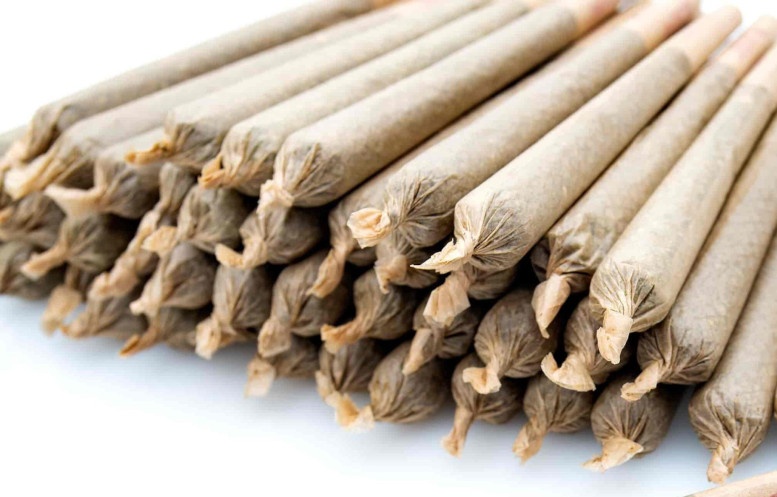A national hemp group has called for raising the THC limit for industrial hemp from 0.3% to 1.0% as part of the solution to assuring the safety of delta-8 THC products.
Lobbying group the National Industrial Hemp Council (NIHC) said concerns over delta-8 THC, which falls into a legal gray area, were underscored during a recent meeting with state regulators at a conference of the National Association of State Departments of Agriculture (NASDA).
“Such a clarification in statute would unequivocally prevent the sale of products containing unsafe concentrations of delta-8 THC as hemp,” NIHC said. The Council also called on the U.S. Food & Drug Administration (FDA) to set clear guidelines for hemp-derived products under the 2018 Farm Bill, which legalized hemp federally.
Safety ‘questionable’
In the meantime, NIHC said, “The safety profile of delta-8 THC products is questionable, and we believe that they should not be sold or marketed as hemp-derived products.”
NIHC said delta-8 THC has flooded the market because of the lack of regulatory certainty from the FDA on cannabidiol and other products derived from the hemp plant.
Delta-8 is not a natural derivative of cannabis; it is produced by extracting CBD from industrial hemp and then using acetic acid to turn it into THC through a chemical process. Proponents have argued that because delta-8 THC is derived from hemp, which is legal under the 2018 Farm Bill, those products should be legal.
But critics say many of the isomers formed during the creation of delta-8 THC are not naturally occurring, and that the compound is not derived through natural means.
That conflict marks a gray area that needs to be addressed, NIHC urged. Many U.S. states have already moved to ban delta-8 products, which come in such forms as gummies, pre-rolled smokable products, tinctures and vapes.
‘Clearest pathway’
“The clearest pathway to protect consumer safety and create a hemp economy that works for everyone is to revise the federal definition of hemp to include all tetrahydrocannabinol,” NIHC said. That has been the recommendation of NASDA with the bipartisan support of 45 states, stakeholders, regulators, and lawmakers, NIHC noted.
FDA asserted its authority to regulate products derived from cannabis, including hemp-derived CBD, food, cosmetics and pharmaceuticals in 2019, shortly after the 2018 Farm Bill went into effect. The agency is authorized to run clinical trials on human foods, drugs, dietary supplements, food additives, cosmetics, animal foods and tobacco products. But critics say the FDA has failed to incentivize or engage in the research needed to establish guidelines for hemp.
With the FDA slow to move, some stakeholders have said legislation such as the Hemp Access and Consumer Safety Act, is the only way to establish a rational marketplace.
More proposals
NIHC said its government affairs committee is developing further policy proposals for delta-8 THC.
NIHC comprises a group of international, federal, state, private industry, and government professionals led by Board Chairman Patrick Atagi, President and CEO of DA Farms, a specialty crop grower in Nyssa, Oregon. He served as Deputy Director of Intergovernmental Affairs for the United States Department of Agriculture during the George W. Bush administration.
A member-supported organization, NIHC’s mission is to advance market development by helping its members enter the hemp industry and educating consumers about industrial hemp. The group operates based on memberships that range from $60 for consumer grassroots advocates, to $30,000 for companies whose turnover is more than $10 million.

